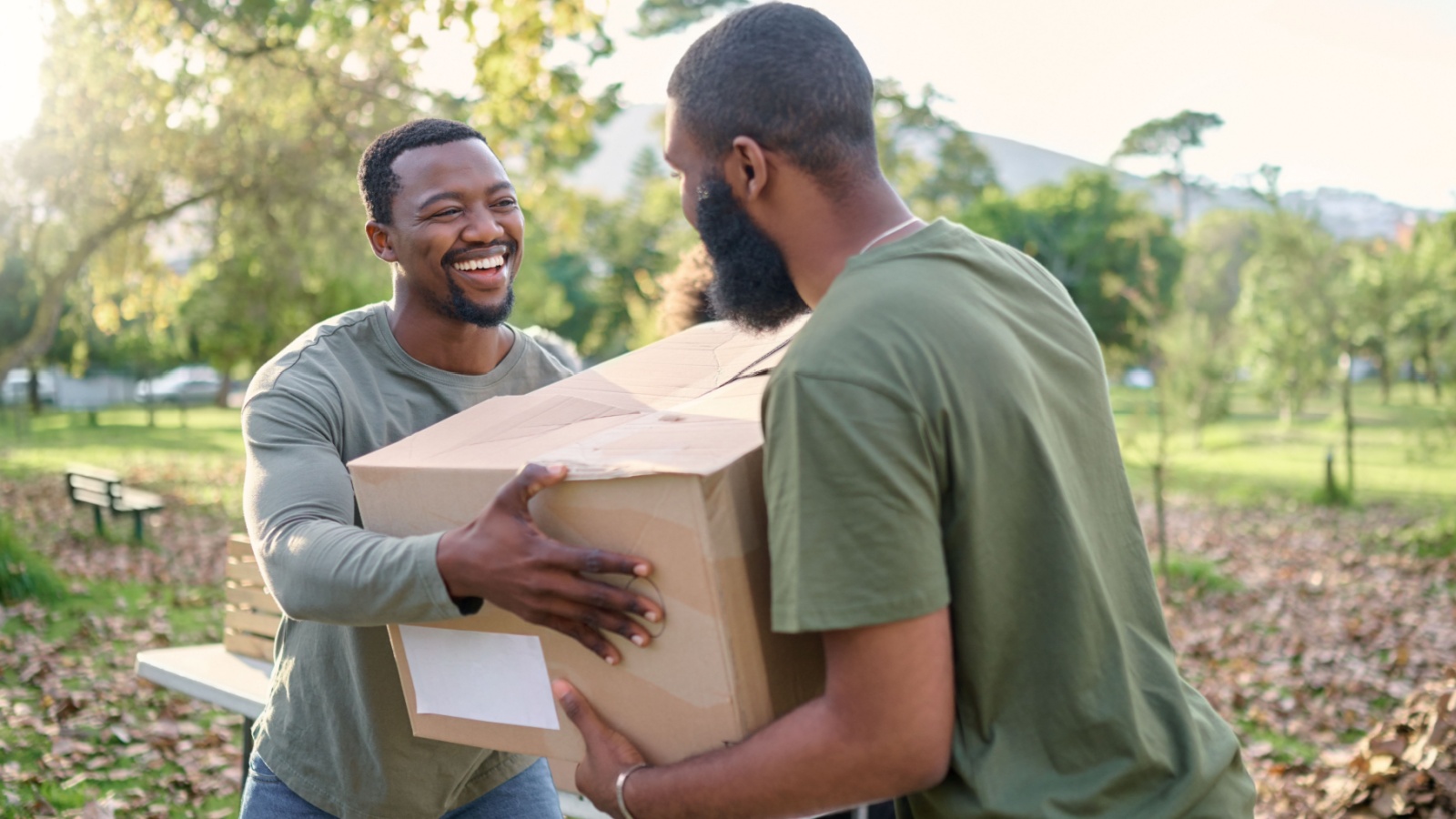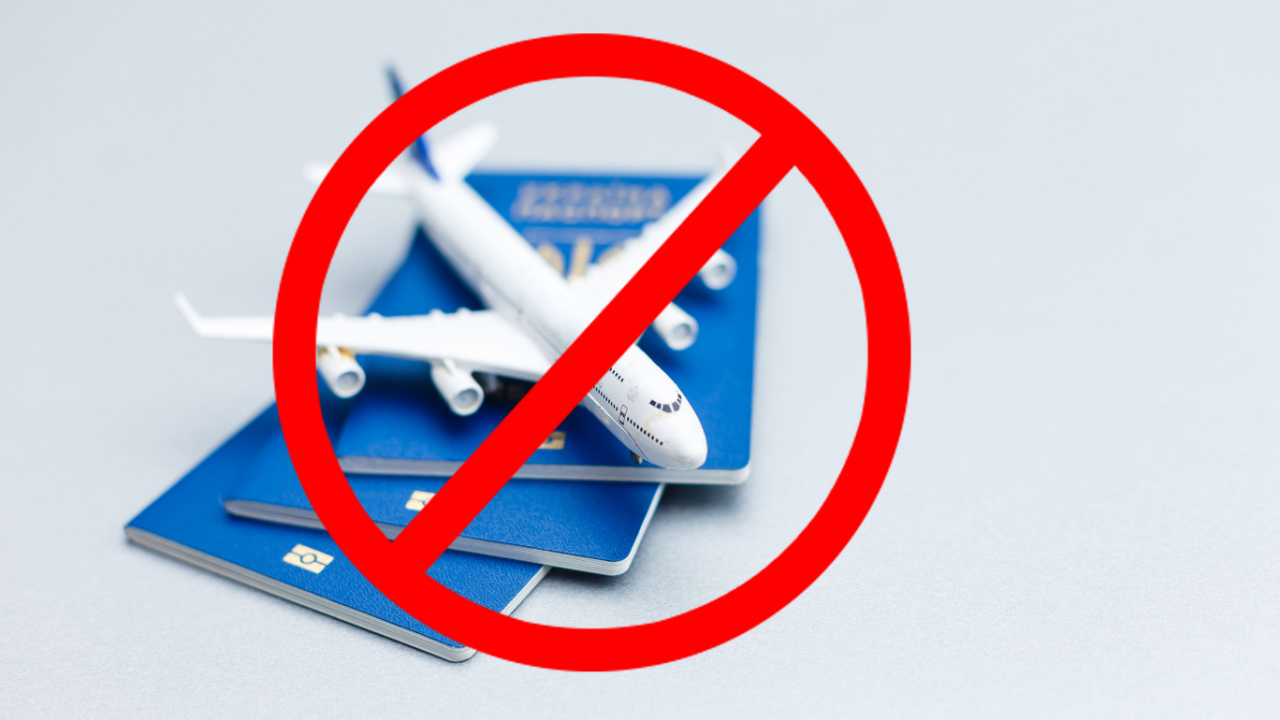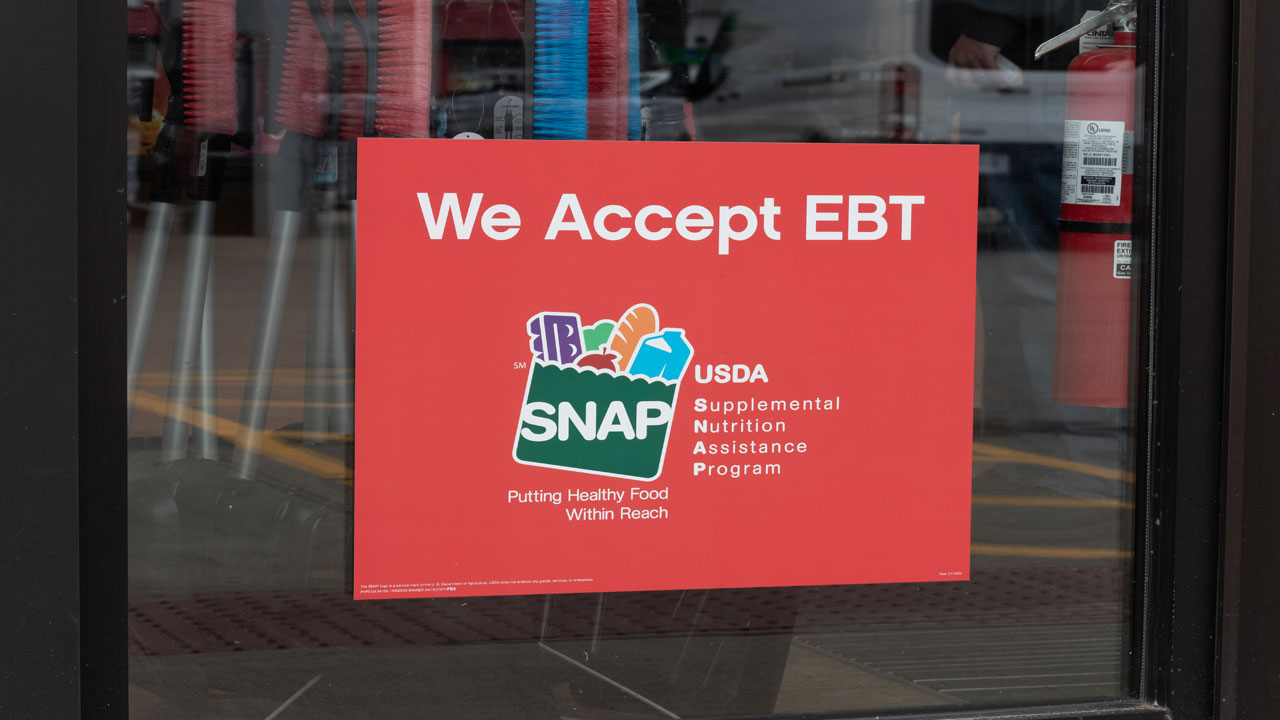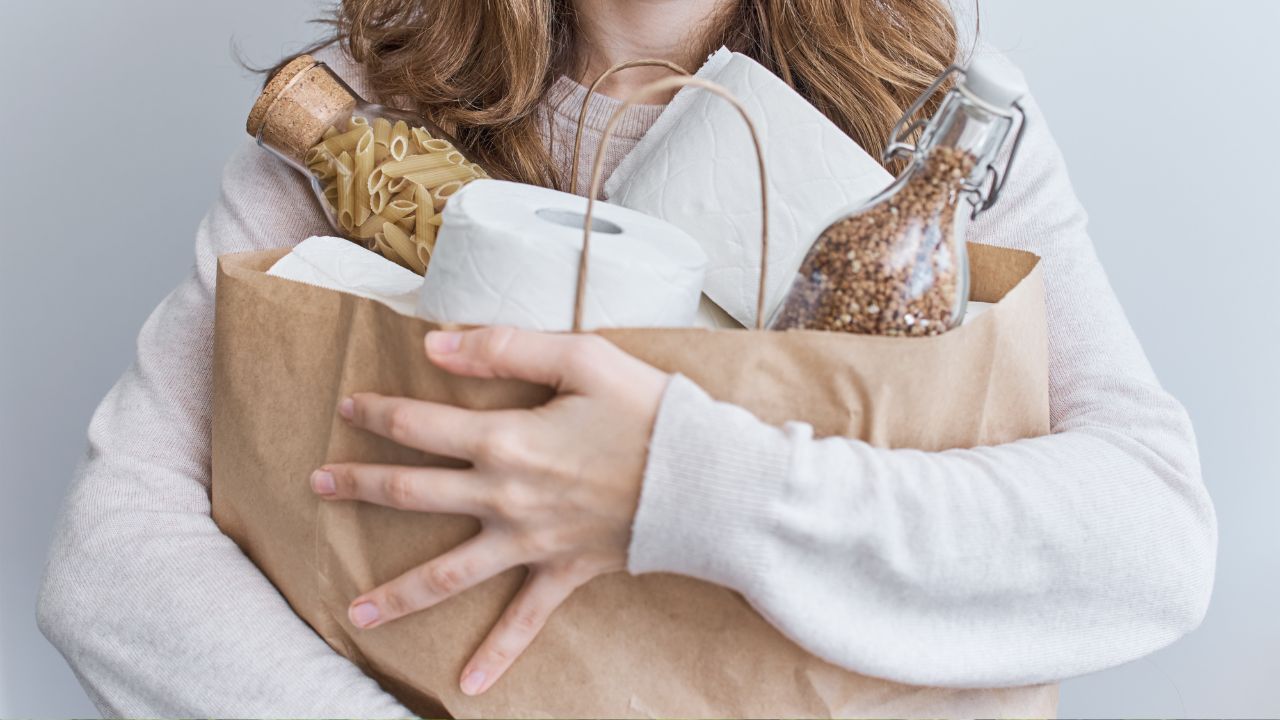An emergency situation can strike at any time. Unless it’s one where the dollar collapses or the whole world decides that there’s no longer any purpose for using money, chances are that you’re going to need to reframe the way that you think about your finances moving forward so that you can ensure that you survive and, hopefully, thrive.
As a prepper, you need to be prepared for any situation. Most only focus on the stockpiling and survival element, but knowing how to manage your finances can be important as well.
As such, we’ve taken a deeper look at how others have either managed to stay financially sound during disasters or how others have prepared to give you a look at what you should be doing. Here are 19 practical tips for balancing your budget in a crisis.
1. Immediately Take Advantage of Any Free Resources Being Given to You

In the event of a crisis, you’re going to want to use as little of your funds as possible. The good news? Most crises will see government intervention, which means that some form of aid will be offered to you.
Accepting it will ensure that you have something you can utilize while you work on balancing your budget, helping you save more and support yourself moving forward.
2. Cut Out All Luxuries

During times of crisis, luxuries are hardly worth the money they cost. Whether we’re talking about subscriptions, luxury candles, or anything else that isn’t required to survive, they’re taking precious room in your budget that you can’t currently afford.
Cut all luxuries. It’s also worth noting here that there are many luxuries with free alternatives, so you can always find something to fill the void for free that you’d normally pay for.
3. Carve Out a Space in Your Budget for Cash Withdrawals

In certain crises, having cash on hand is sometimes much better than relying on your card, especially if the crisis involves something with the internet or something with power.
While you’re not actually spending this money, having this budget ensures you know how much is coming out for physical use so you don’t panic when you see a much lower number in your bank account.
4. Save, Save, Save

Saving is hard during difficult times, but it’s crucial since you don’t know when or if the crisis is going to run its course. If you don’t have one, start creating an emergency fund with whatever you can manage to put together.
If you have to pull from it, try to replace it as soon as possible. Maintaining your limited resources is key for any prepper trying to balance their budget in a crisis.
5. Consider Selling Off Most Investments

There are some longer-term investments that you may wish to hold onto if you’re looking to the future, but most of your other investments aren’t going to do much in a crisis, especially because they’re not liquid.
Try to get rid of these so that you have usable cash on you and more money to work with moving forward.
6. Figure Out Which Debts You Can Realistically Carry

Debt is something that many aim to keep paying during a period of emergency. But if we’re looking at an emergency that would concern preppers, chances are that current debts aren’t your biggest concern at the moment.
Figure out which debts you need to continue paying off and which you can ignore until things are stable enough for you to continue paying into them. Your budget will thank you now that you’re not throwing away money at debts that don’t technically matter at the moment.
7. Start Figuring Out Which Essentials You Can Get for Free or Make

Your budget is likely very limited, so you only want to spend money on essential items. Still, you don’t want to spend money unnecessarily, especially if you can get items for free or nearly free or if you could even make them.
For example, some people may stock up on bottled water when their tap water may be just fine. If you can save money, do it.
8. Tap Into Available Resources You’ve Paid Ahead of Time for

Do you currently have any insurance policies that aren’t serving you during this time of crisis, like a life insurance policy or something similar? Do you have a way to pull money out of these resources?
If so, you may be able to free up some cash that your budget desperately needs. It comes with some drawbacks and advantages, so consider both even though you’re in the middle of a crisis.
9. Figure Out How Long You Can Last With What You Have

Take time to figure out what your budget is and how much funds you have. Then, you should be able to gauge how long you can last with the money you have until you need to figure out how to make more to make ends meet.
If you have a long enough buffer period, you can figure out what you should start doing now so that you don’t run into the issue of not having enough cash.
10. Which Previous Non-Negotiables Can You Stop Paying Into?

Crises mean getting rid of things you never thought you’d eliminate, even insurance policies or 401(k)s.
While you want to heavily assess whether to stop paying into something before you take action, chances are that there are things we’d normally deem necessary that become major resource gobblers during difficult times. See what you can stop funneling money into to ensure your survival.
11. Use Government Support to Reduce the Strain on Your Budget

Whether it’s food stamps or another form of government aid, some programs will be there to help you during times of crisis. While some people will have opinions about various forms of aid, that doesn’t matter.
When times are tough, sign up for what you can to help you financially and make more room in your budget so that you can support yourself.
12. Buy in Bulk

Looking for ways to maximize the amount of food you get with your available food spending? Even if you can only carve out so much for food in your budget, you can still get a lot of food, especially if you buy in bulk.
Dried grains, beans, and even snacks like nuts can all be bought in bulk for cheaper, helping you stock up on the essentials without breaking the bank. Be smart with your budget to stretch your dollar further.
13. Take Advantage of Whatever Discounts People Are Still Offering

Discounts tend to disappear when our budgets would benefit from them most. This means that you may not see as many promos or coupons during a crisis as you would like. Still, if you do see any, make sure to take advantage of them if they’re for things that you absolutely need.
It’ll help you cut down spending during the most crucial moments in whatever emergency you’re experiencing.
14. See Which Areas of Your Budget Are No Longer Sustainable

There are going to be areas in your budget that used to be possible for you to afford that you might have to either cut way down on or say goodbye to during difficult circumstances.
For example, let’s imagine that gas prices have gone way up and you were already spending too much on fuel. If you’re able to get to work and other places via an alternative form of transportation like riding a bike, do so to help your budget function optimally.
15. Use Your Skills to Generate Whatever Income You Can

Some crises will see mass layoffs and periods of hardship. If you have a job, stick to it to keep the income you have in your budget relatively consistent. If you don’t, there will come a time when you need to bring in income to survive.
No matter what skills you have, now is the time to use them. Most likely, your survival skills or your repair skills will help you most here, offering something of value to others who need that support.
16. Sell Off What You Can to Pad Your Budget

Do you have a ton of stuff lying around that never gets used or items that are rarely touched? If so, sell them off so that you have extra money for things that you need.
Most of us have stuff lying around that we don’t need, which can be a great way to improve the income portion of our budget during an emergency.
17. Get Rid of Vices That Are Holding You Back in More Ways Than One

Many preppers realize that certain things like cigarettes or alcohol are a consistent drain on their finances. This may be acceptable when times are not so bad, but a crisis can quickly make you rethink these expenses.
Get rid of all vices that aren’t suiting you and your budget.
18. Be Realistic About What You Should Be Putting Your Money Into

Too many preppers will start to begin buying anything and everything during a crisis, which is not only a great way to end up with a ton of things you don’t need but to drain your resources before you even have time to create a plan of action.
Before any purchase, ask yourself, do I really need this to survive? If you’re uncertain, there’s a good chance it’s not worth your money.
19. Remember That No Two People Are the Same

Not all financial prepping advice out there is going to be relevant to your specific situation or needs. Take care to consider what your budget looks like and what will work to help you balance it.
Following all of the advice will just lead to problems later when all of the tips start to conflict with each other. If you need solid examples, look for preppers out there just like you who have managed to navigate crises with what you currently have in your account.
20 Crucial Supplies for Surviving a Societal Collapse

In the face of uncertainty, being well-prepared gives you at least some degree of control and security. The thought of a societal collapse, while extreme, prompts us to consider how we might endure without the conveniences of our current lifestyle. Here’s a list of 20 essential items that could prove indispensable in such a scenario. This guide isn’t about succumbing to fear but embracing preparedness and resilience.
14 Essential Canned Goods for Your Emergency Pantry

I firmly believe in keeping a well-stocked emergency pantry. While fresh food is ideal, in a survival situation, we may not be that lucky. So, for my family, even though we grow a lot of our own food, canned goods play a crucial role in emergency preparedness. They offer a reliable source of nutrition when access to fresh produce may be limited. The goods you stockpile should be affordable, easy to store, and full of nutrition.
Best Regions in the U.S. to Escape to When Society Collapses

Choosing a refuge in the event of societal collapse involves weighing the pros and cons of each location against your personal preparedness goals and abilities. Whether you’re drawn to the solitude of the desert or the protective heights of the mountains, the key is finding a place that offers safety and the opportunity for growth and renewal.
